As Magyar Nemzet reported earlier, on May 20–21 Budapest hosted the informal summit of the Organization of Turkic States with the theme Meeting Point of East and West. Minister of Foreign Affairs and Trade Peter Szijjarto highlighted the importance of the summit at a press conference.
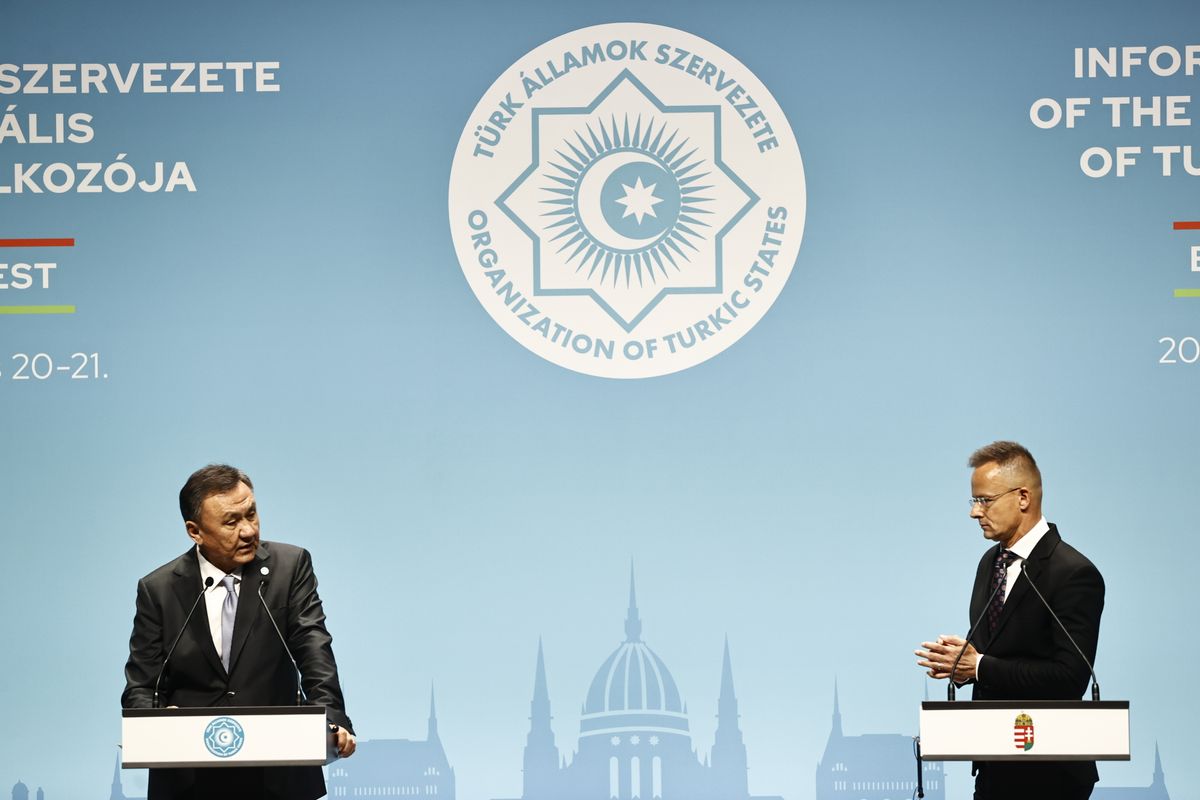
The Organization of Turkic States has become an increasingly significant player in the political and economic relations of Central Asia and Eurasia, with Hungary’s role growing within the organization. Peter Szijjarto noted that,
this was the first time the summit was held within the territory of the European Union, in a member state with observer status. Hungary has been an observer in the Organization of Turkic States for seven years. Since then, the world has changed hugely, and these changes have only increased the relevance of the organization and Hungary's successful cooperation with the Turkic states. The organization’s European headquarters is located in Budapest, and on this day, member states confirmed the appointment of former Istanbul Consul General Balazs Hendrich as the director general of the European center.
We Are Living in an Age of Dangers
"It’s no exaggeration to say that we are living in an age of dangers. Europe is facing serious challenges in terms of security, the economy, and energy supply," he said.
Hungary has benefited greatly from its cooperation with the Turkic states in recent years, and this partnership helps us better address the challenges currently affecting Europe,
the minister said.
I would like to talk briefly about these three themes: economy, energy supply and security.
Despite global economic challenges, the Turkic states have grown stronger economically. Their GDP has increased by 20 percent in recent years, and trade among member states has grown by 50 percent. Hungary has doubled its trade with Turkic countries, and major infrastructure developments in the region are expected to shorten shipping times between Europe and China by about one week.
Hungary has taken advantage of the region’s continued economic growth. The largest railway construction firms of Turkiye and Hungary have formed a strategic alliance. Hungarian pharmaceutical companies will soon begin local production in Azerbaijan. A new airline route between Hungary and Kazakhstan will launch next week. In Uzbekistan, an industrial park specifically for Hungarian companies has been established, and in Kyrgyzstan, we are building a hydroelectric power plant in the framework of a Hungarian-Kyrgyz joint venture. Without any exaggeration, I can say that Hungary’s energy supply would not be secure without the Turkic states,
Peter Szijjarto said, adding that "this is not a political matter, but a physical one. We understand and see the unrealistic efforts to politicize the energy supply issue, but as long as homes cannot be heated with press briefings, it's clearly an absurd idea. The issue of energy supply is a physical one."
Currently, Hungary's natural gas supply is almost entirely dependent on transit through Turkiye. Without the TurkStream pipeline, Hungary would not be able to receive gas, since Ukraine shut down the pipeline that previously delivered gas from the East into Central Europe.
Peter Szijjarto pointed out.
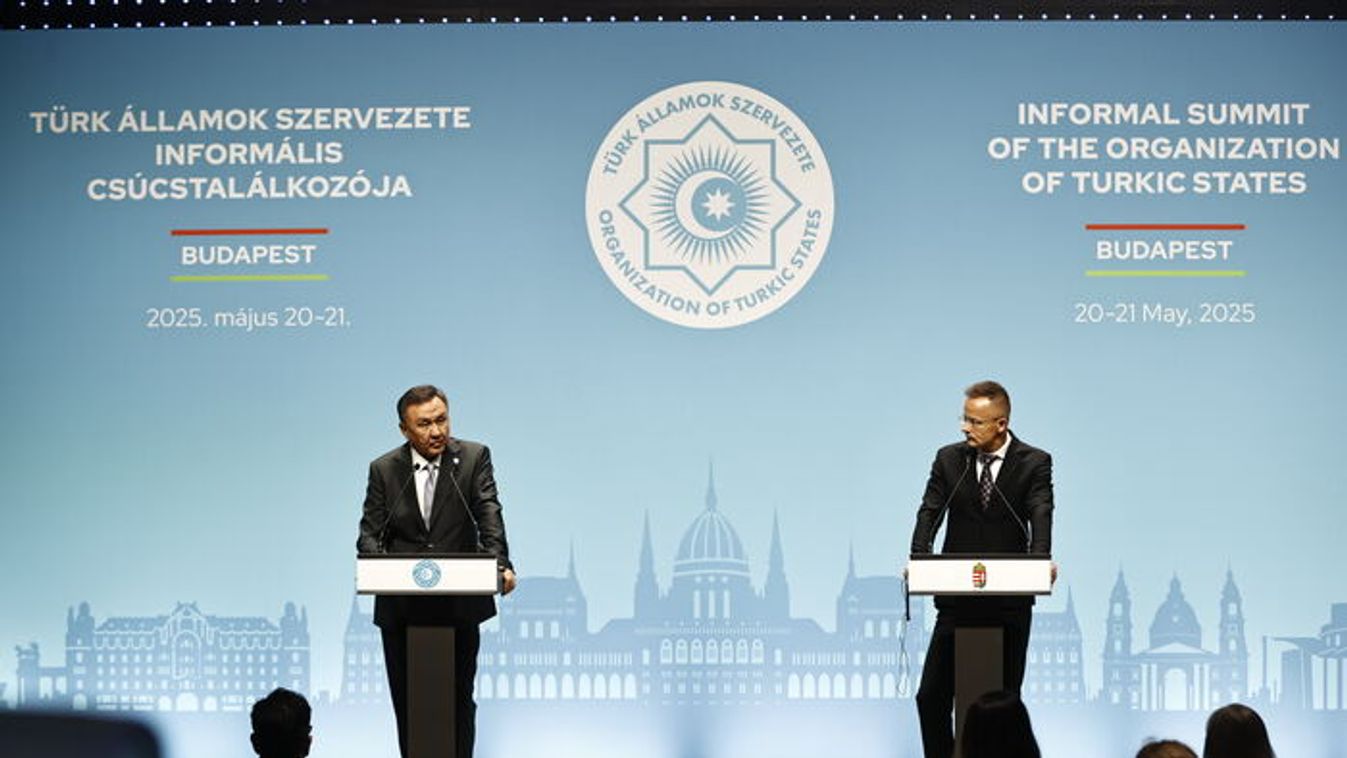










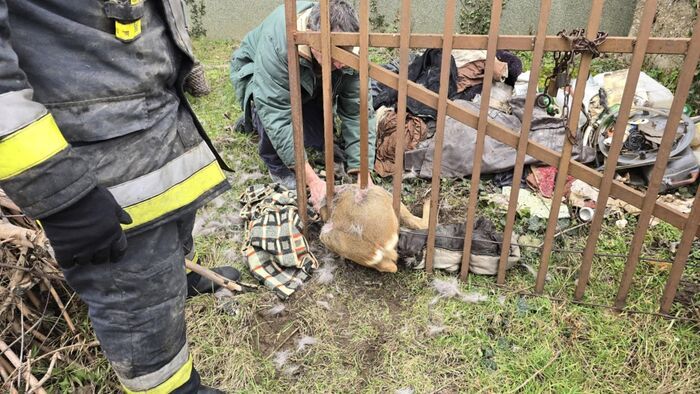

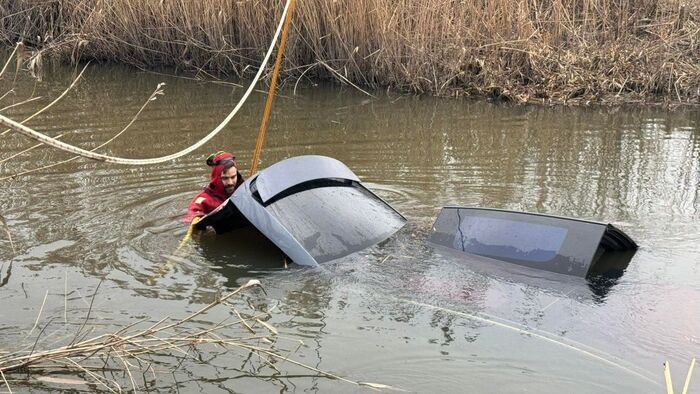

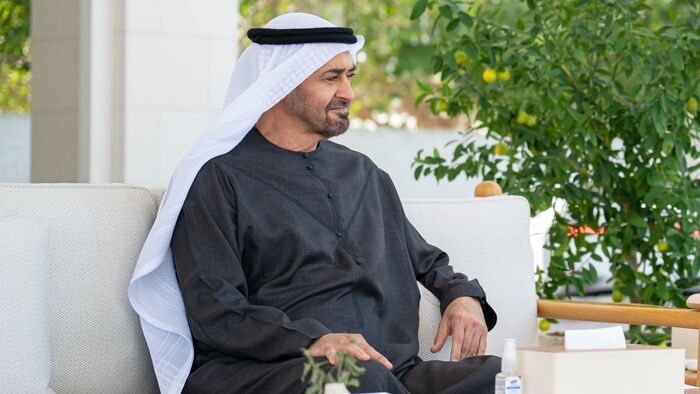
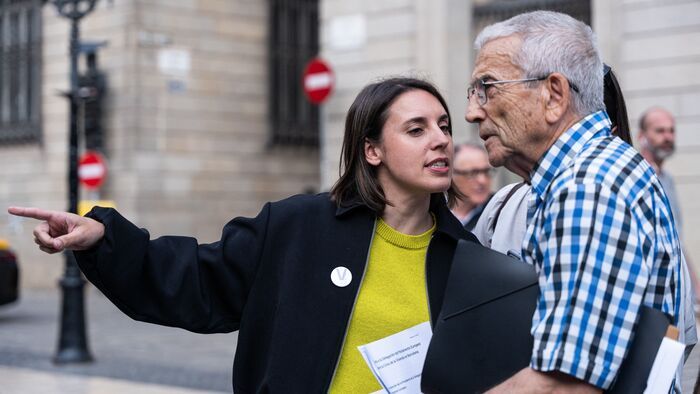






Szóljon hozzá!
Jelenleg csak a hozzászólások egy kis részét látja. Hozzászóláshoz és a további kommentek megtekintéséhez lépjen be, vagy regisztráljon!